ASPEN, Colo. — At this year’s Aspen Security Forum, national security leaders and foreign policy insiders have come to terms with what many once denied: President Donald Trump’s second term is actively reshaping the global order — and there may be no going back.
Six months into his return to office, Trump has delivered sweeping changes that many forum attendees now describe as irreversible. Former Secretary of State Condoleezza Rice, speaking at the summit’s final panel, said plainly, “We have to recognize that we’re probably not going back to exactly that system.” Her comment captured the broader mood: acceptance that the post-WWII framework of free trade, long-term alliances, and cooperative engagement has been fundamentally altered.
U.S. Institutions Transformed
In just half a year, Trump’s administration has overhauled key aspects of U.S. foreign and domestic institutions. It has eliminated the U.S. Agency for International Development, cut staff at the State Department, Pentagon, and intelligence agencies, and restructured how foreign policy is conducted. The administration claims these moves are intended to streamline government and focus policy on American interests. But critics argue it has left the U.S. less prepared for crises and has eroded its international credibility.
The conference also highlighted how little influence many in the national security community feel they now have over Trump’s policy direction. Unlike during his first term, few believe they can guide or reverse his decisions. This time, there’s a sense of being on the sidelines, watching a transformation they can neither predict nor prevent.
Muted Government Presence at Aspen
Reflecting the administration’s disdain for multilateralism and global institutions, the Pentagon withdrew all its scheduled speakers from the event, labeling the forum a “den of globalists.” Only one administration figure attended — Adam Boehler, Trump’s special envoy for hostage affairs — who defended the president’s approach in a friendly interview with CNN’s Kaitlan Collins.
Others, like U.S. Ambassador to Turkey Tom Barrack, dropped out at the last minute due to recent geopolitical events, such as Israeli strikes on Syria.
A Shift in Strategy and Tone
Attendees were left to grapple with Trump’s foreign policy shifts largely among themselves. Many panels offered measured praise for the administration’s tough stance on Iran and support for Ukraine, while avoiding direct criticism of Trump’s approach.
Some participants saw opportunities within the chaos. The administration’s focus on critical mineral access in Africa, for example, was framed as a strategic chance to counter China’s growing influence in the region.
Still, many were disturbed by how the administration has gone about these changes. One former U.S. diplomat noted, “This isn’t reform. This is just dismantling and shutting down government bodies … and poor treatment of federal workers.”
Protectionism Goes Mainstream
On economic matters, attendees acknowledged that Trump’s trade protectionism has moved into the mainstream of both major parties. “It’s a big deal that you’ve now had two presidents of two different parties take a protectionist line,” said former U.S. Trade Representative Robert Zoellick.
Some voiced concern that in trying to avoid confrontation, the forum missed an opportunity to address the broader consequences of Trump’s leadership style and policy changes on democratic institutions — both in the U.S. and abroad.
Global Flashpoints and Domestic Gridlock
Amid concerns about rising tensions with China, particularly over Taiwan, many participants warned of the potential for full-scale conflict in the Indo-Pacific.
Meanwhile, ongoing dysfunction in Washington added to the sense of unease. Frustration over Congress’s failure to pass budgets on time — and its increasing reliance on continuing resolutions — was a common refrain. Many blamed these delays for hampering defense innovation and foreign policy responsiveness.
An Uncertain Future
Some Democrats pushed back against the idea that Trump’s reelection signaled a sweeping public endorsement of isolationism. Jake Sullivan, Biden’s former national security adviser, argued Americans still believe in global engagement. “We tend only to read the signals in one direction,” he said. “I actually believe the American people continue to believe in principled engagement in the world.”
But even with pockets of optimism, few forum attendees offered solutions for the vacuum Trump’s changes have created. “I’m seeing a lot fall apart but it doesn’t seem like there’s something else being built to put in its place,” the former diplomat observed.
Singapore’s Foreign Minister Vivian Balakrishnan summed up the broader anxiety: “Any student of history will know the most dangerous phase is the interregnum between one world order and another. Are we in that interregnum? Yes, we are.”

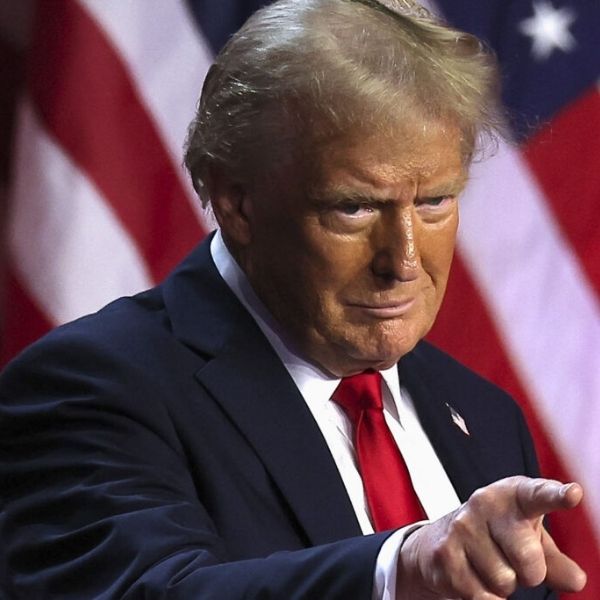


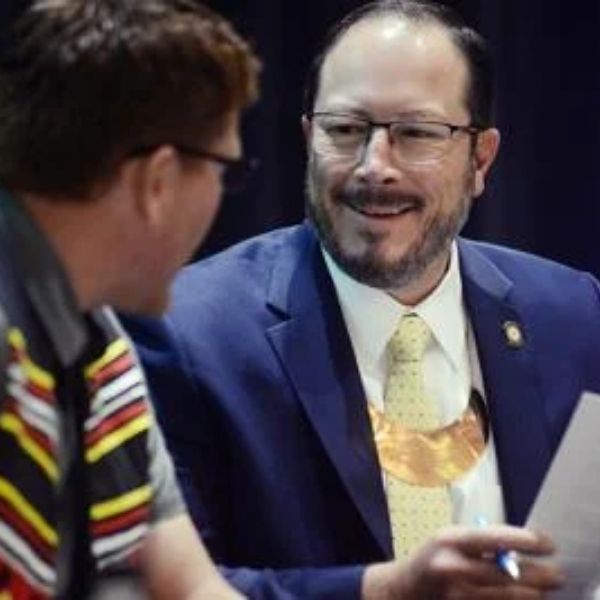
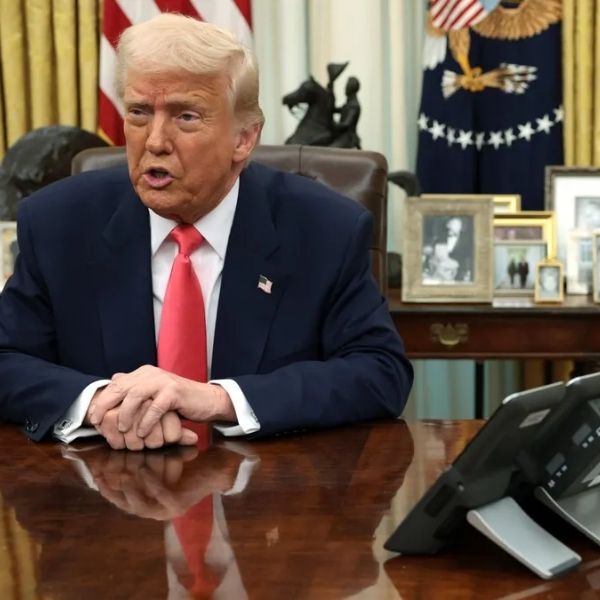
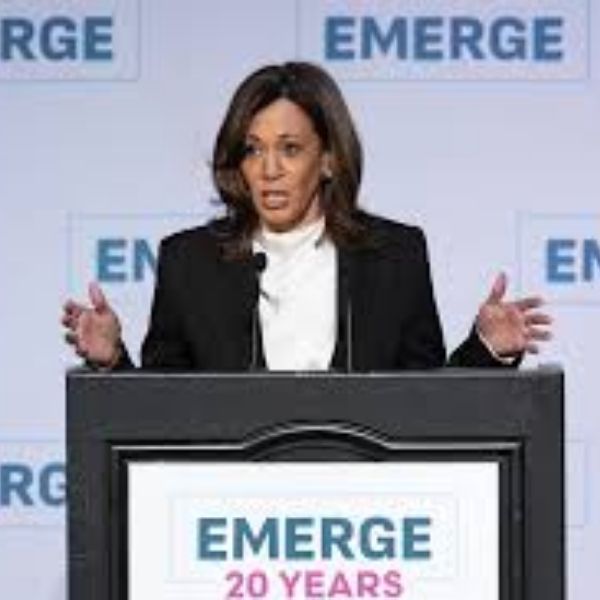
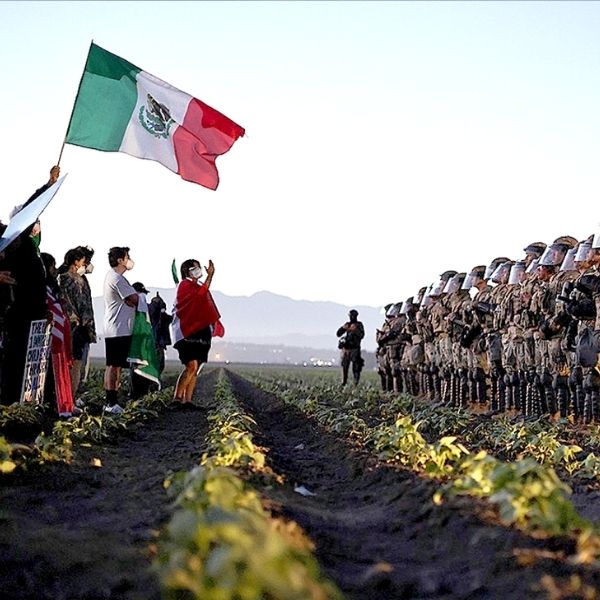
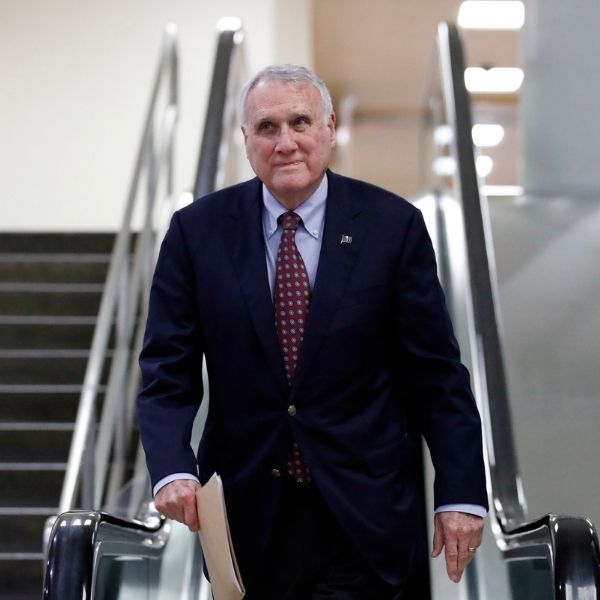
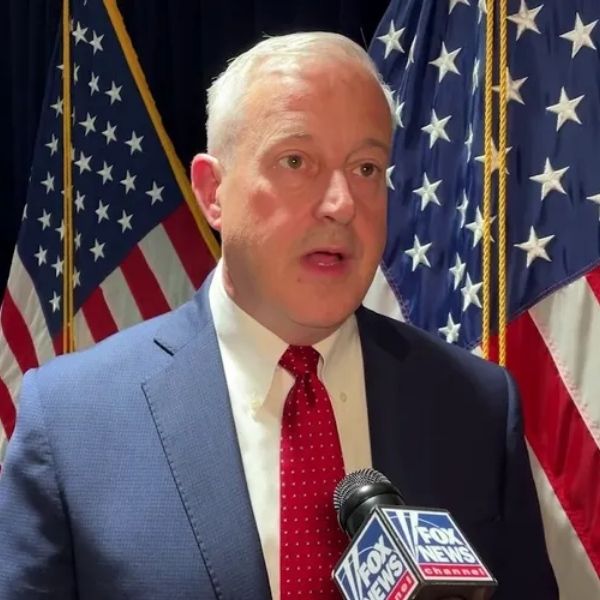
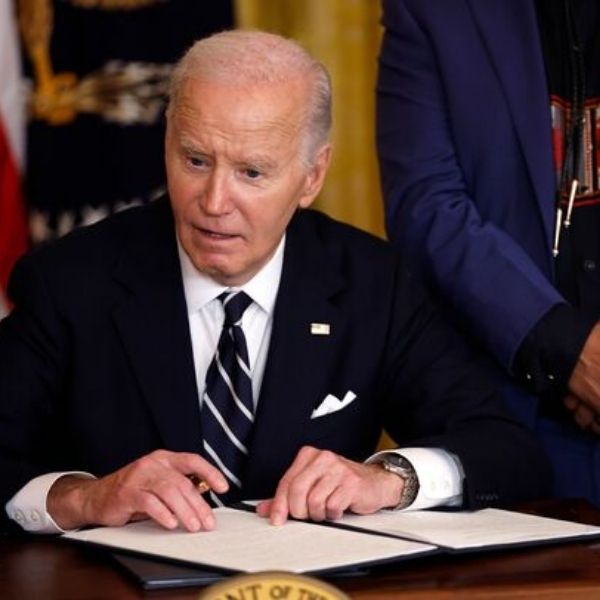

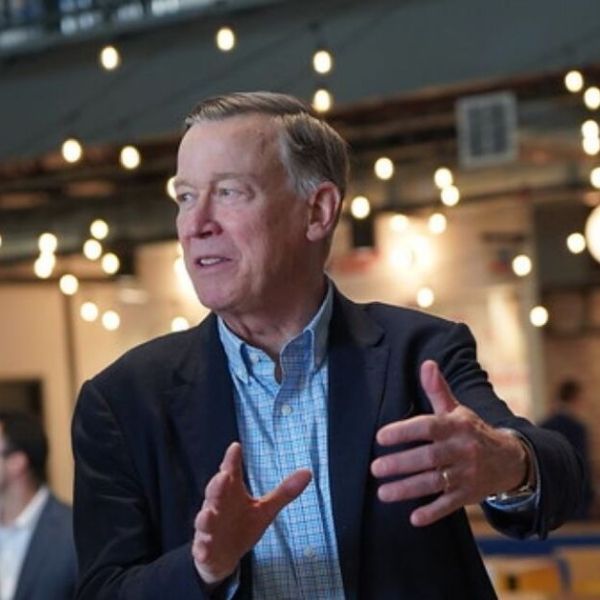



Leave a Reply